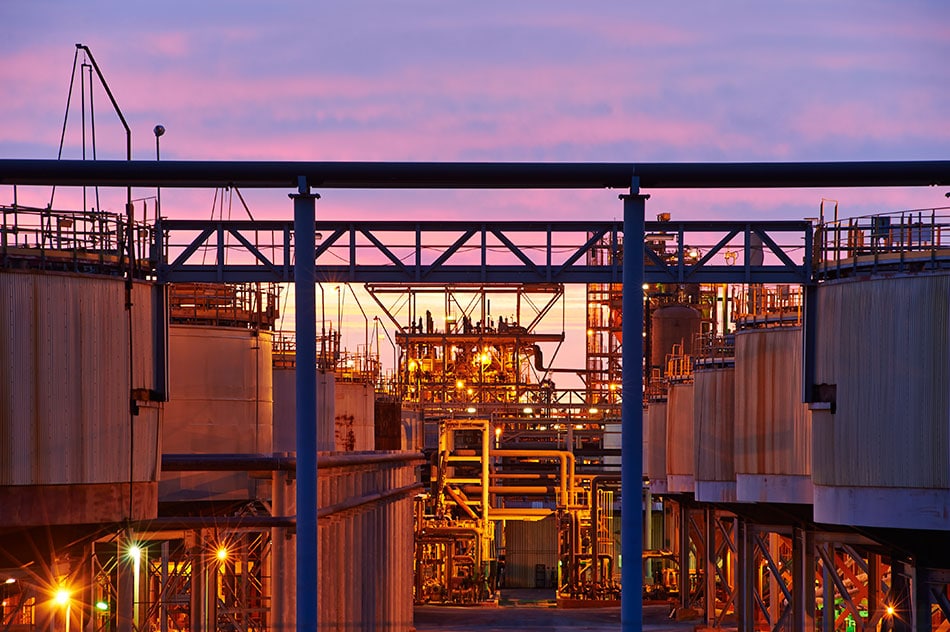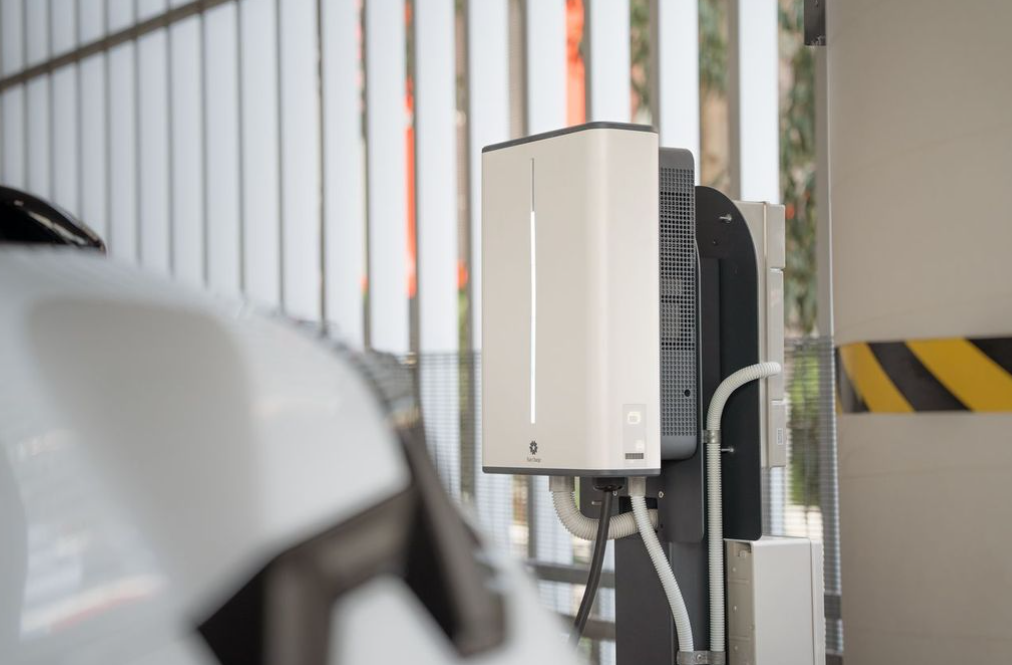Low emissions aluminium production is a priority in the Federal Government’s Technology Investment Roadmap. On Friday, the Australian Renewable Energy Agency (ARENA) announced an exciting trial that will use renewable energy to process bauxite into alumina — a project which represents a positive in the Government’s vastly mixed bag of energy-transition responses.
At Alcoa’s Wagerup plant in Western Australia, the company will soon begin testing Mechanical Vapour Recompression (MVR) powered by renewables, to recycle waste steam that would otherwise be released into the atmosphere.
Vapour recompression is a way to upgrade energy by compressing lower pressure vapour up to a higher pressure. In the mechanical variant of this process a motor — in this case electric — or steam-driven turbine is the mechanical means of compression. (The other type of VR is thermo compression which forces steam through a nozzle to compress a lower pressure vapour to intermediate pressure.)
The process is itself a refinement of the proposition that renewables could be harnessed to produce the high-pressure steam needed to remove residues and solids from the bauxite.
Fewer renewable megawatts will be required in this more efficient MVR process that is expected to reduce both the cost of energy used and emissions generated during processing of alumina.
“This technology represents an opportunity to electrify a refining process that is currently powered by fossil fuels, using a renewable solution,” said ARENA CEO, Darren Miller.
The economic and climate-change imperative
Australia is the world’s largest exporter of alumina and the industry is the country’s sixth-largest export earner, valued at $12.7 billion in 2019-20, and employing more than 22,000 people.
It also accounts for around 20% of Australia’s direct, non-electricity (Scope 1) manufacturing emissions, or 11 million tonnes of greenhouse gas emissions each year.
The MVR technology “has the potential to be a game changer for the aluminium industry,” said Angus Taylor, Federal Minister for Energy and Emissions Reduction, in a statement announcing the initiative, adding that it “could reduce total domestic emissions by up to 1.5% in future.”
It makes sense for the local industry to distinguish itself as a producer of green aluminium, which is already becoming sought after in supply chains for the automotive industry.
German car manufacturing giant, BMW, recently contracted with Emirates Global Aluminum for an annual 43,000 tonnes of aluminium produced using solar energy.
Bloomberg noted that this was “among the first times that consumers and producers agreed to pay a premium on aluminum with a smaller carbon footprint… The sales indicate that some consumers are willing to pay more for greener aluminum.”
Feasibility first, then it’s full steam ahead
ARENA is contributing $11.3 million towards the $28.2 million project, which will be conducted in two stages.
An initial dual-stream feasibility study will: investigate the technical feasibility and commercial viability of integrating MVR powered by renewable energy in Australian alumina refining processes and consider the commercialisation pathway to retrofit the technology at existing alumina refineries; and complete a detailed assessment for implementation of a full scale 3 megawatt (MW) MVR module at Wagerup.
If the project proves a good fit, it will lead to Stage 2: detailed design, procurement, execution, deployment, integration, commissioning and operation of a full-scale 3 MW MVR module that will be powered by renewable energy, and integrated with the evaporation step of alumina refining.
ARENA says on its project web page that, “Demonstrating successful operation of the technology for evaporation could enable its use to be extended to other process duties, further displacing fossil fuels.”
The construction phase of this Wagerup module is expected to create 25 jobs, but far more significant is the potential to secure those 22,000 positions in an industry that could become more viable and competitive in the context of the global energy transition and consumer demand for greener products.
Miller said, “It’s great to see companies like Alcoa take the initiative to create a pathway to reduce their emissions in what is an energy-intensive, hard-to-abate process.”
This content is protected by copyright and may not be reused. If you want to cooperate with us and would like to reuse some of our content, please contact: editors@pv-magazine.com.









1 comment
By submitting this form you agree to pv magazine using your data for the purposes of publishing your comment.
Your personal data will only be disclosed or otherwise transmitted to third parties for the purposes of spam filtering or if this is necessary for technical maintenance of the website. Any other transfer to third parties will not take place unless this is justified on the basis of applicable data protection regulations or if pv magazine is legally obliged to do so.
You may revoke this consent at any time with effect for the future, in which case your personal data will be deleted immediately. Otherwise, your data will be deleted if pv magazine has processed your request or the purpose of data storage is fulfilled.
Further information on data privacy can be found in our Data Protection Policy.